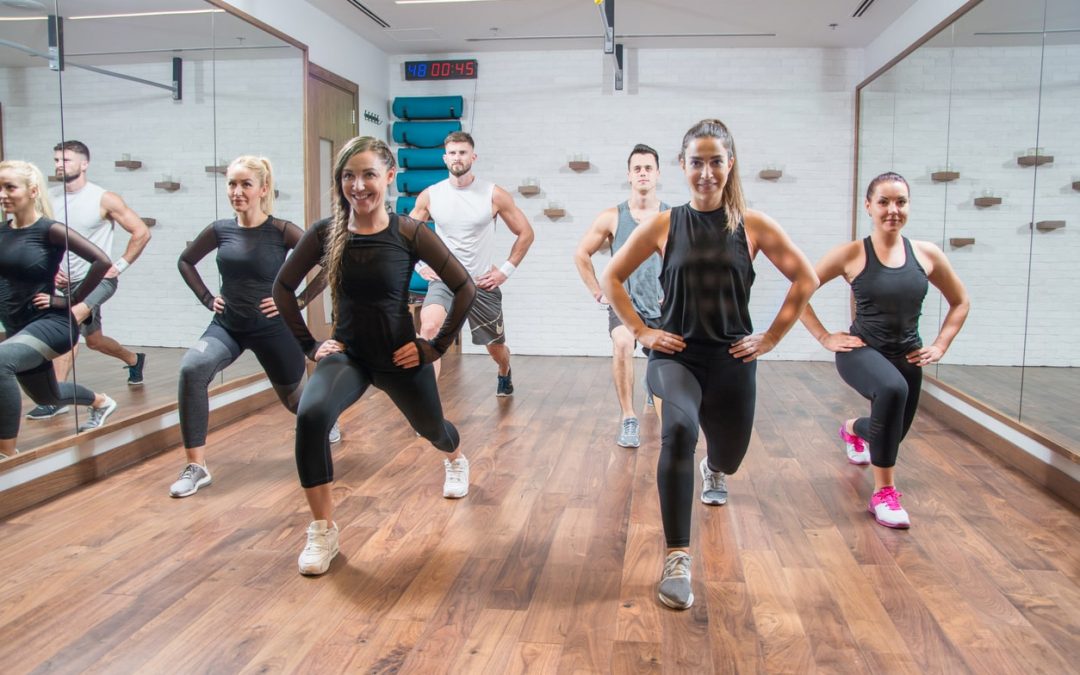Millennials in the Workplace
According to the Pew Research Center, Millennials is a term that refers to those born between 1981 and 1996. This age group already makes up the largest segment of the US workplace at 35%. It is estimated that 50% of the U.S. workforce will be made up of Millennials in the next few years and and 75% will be made of Millennials by 2030. This means that, if you haven’t already, it is time to start thinking about the wants and needs of the Millennial workforce.
The 2018 Best Places To Work For Millennials report found that companies where managers show sincere interest in Millennials as individuals experience 8 times the improvement in agility and 7 times the increase in innovation when compared to companies with managers who are perceived as insincere. In addition, the report showed that when Millennials believe their company has a high-trust culture, they are 22 times more likely to work at that company for an extended amount of time. One of the best ways to build trust and show employees that you sincerely care about them, is to provide relevant and customizable health benefits plans that work towards improving the overall health of your employees.
What Millennials Want In a Health Benefits Plan
Listed below are health benefits options that will appeal to Millennials, as discussed on the The Benefits Guide:
- Digitalized Care: As stated in the “Millennial Digital Workers Really Do Differ from Their Elders” report, Millennials are more comfortable using technology and have a more positive view of IT strategies. Therefore, Millennials are looking for digitalized health benefit plan options. Consider incorporating services like online patient portals, telemedicine or health care apps that aim to boost wellness and help workers better navigate their benefits. Not only do Millennials find these services more convenient, but they will also help improve engagement.
- Holistic, Well Rounded Benefits: Studies show that Millennials think more holistically about health and prioritize not only physical health, but also mental and emotional health. This is why it is important to offer a wide range of health benefits, from lunch time yoga classes and healthy break room snacks, to financial advising and employee assistance programs.
- Modern Family Planning Benefits: The Pew Research Center, along with several additional reports and studies cited by The Benefits Guide, show the trend of Millennials delaying having children later than most Gen Xers or baby boomers did. Because of this, Millennials will need different family planning benefits. Consider adding coverage for options such as fertility treatments, surrogates, or special maternity care that can be customized. Of course, not all millennials will need these types of services, but having them as an option would be considered a great benefit.
Remember, there isn’t a one-size fits all for Millennial health benefits plans. You will still want to listen to your employees’ needs and provide the kind of benefits that are the most relevant to them. Not only will this improve engagement and productivity, but it will also help you attract and maintain top Millennial talent! For more information on Millennial health care, visit The Benefits Guide, and for additional statistics about Millennials in the workplace, click here!



